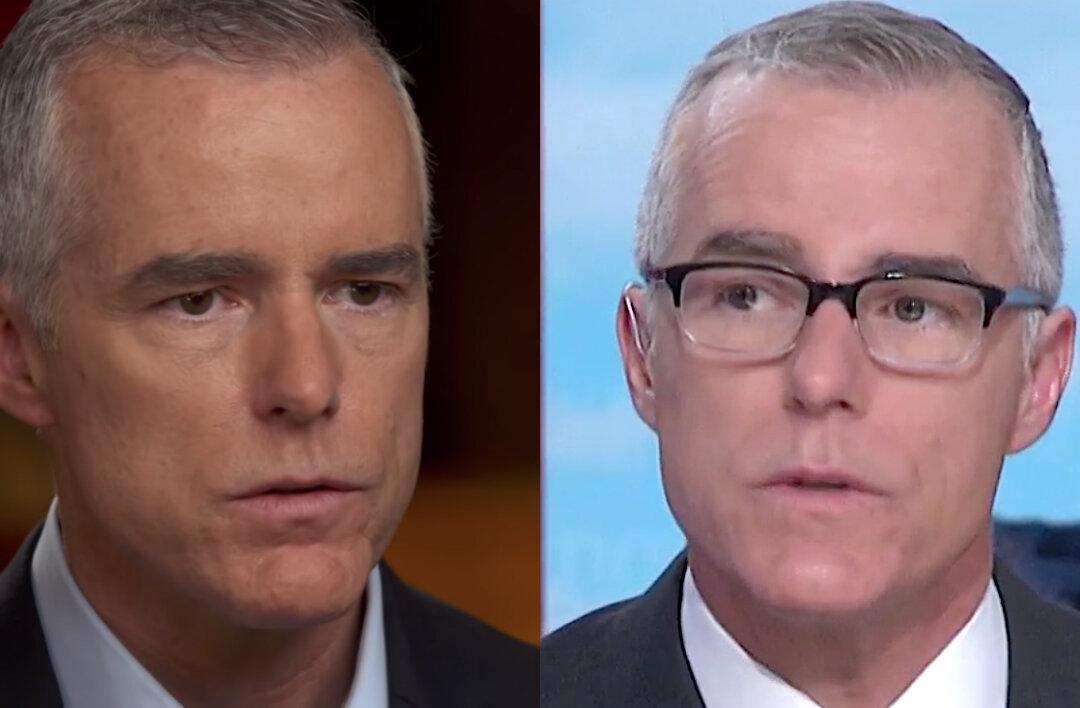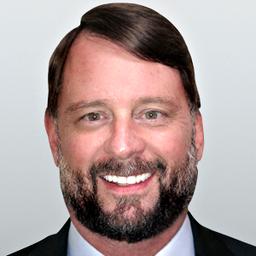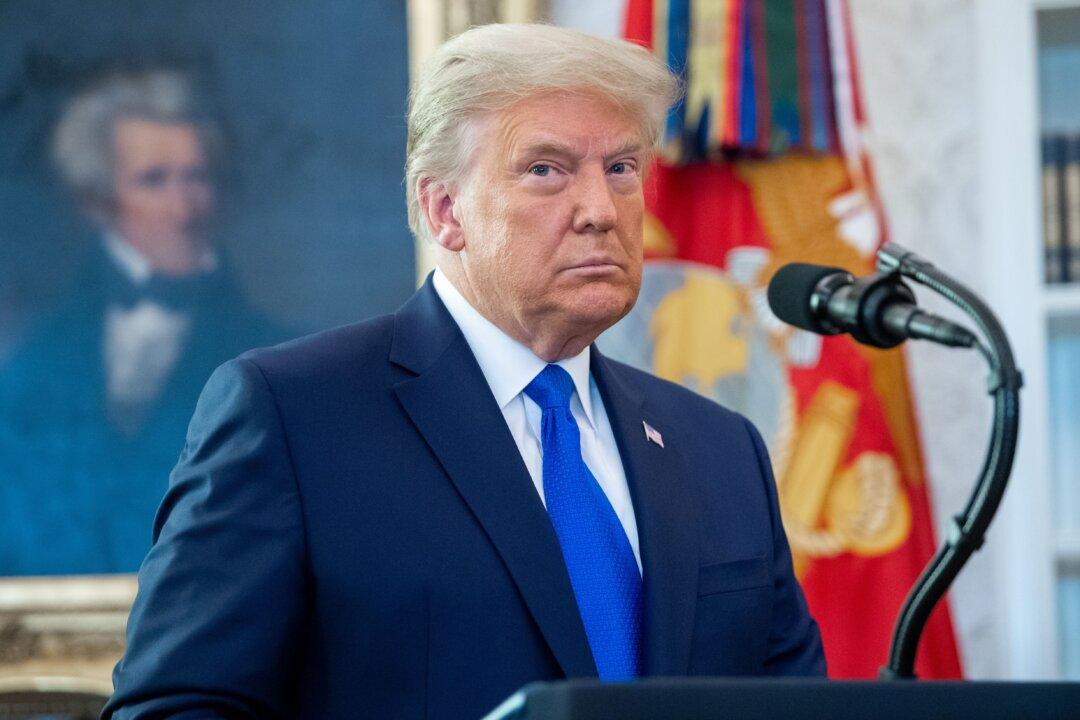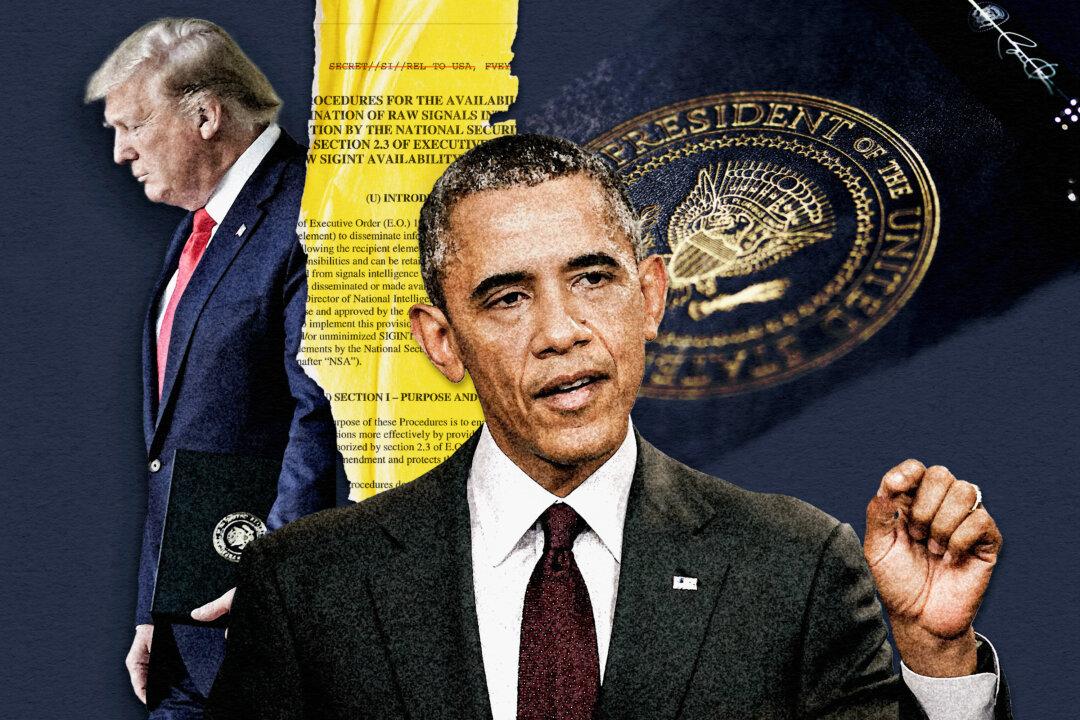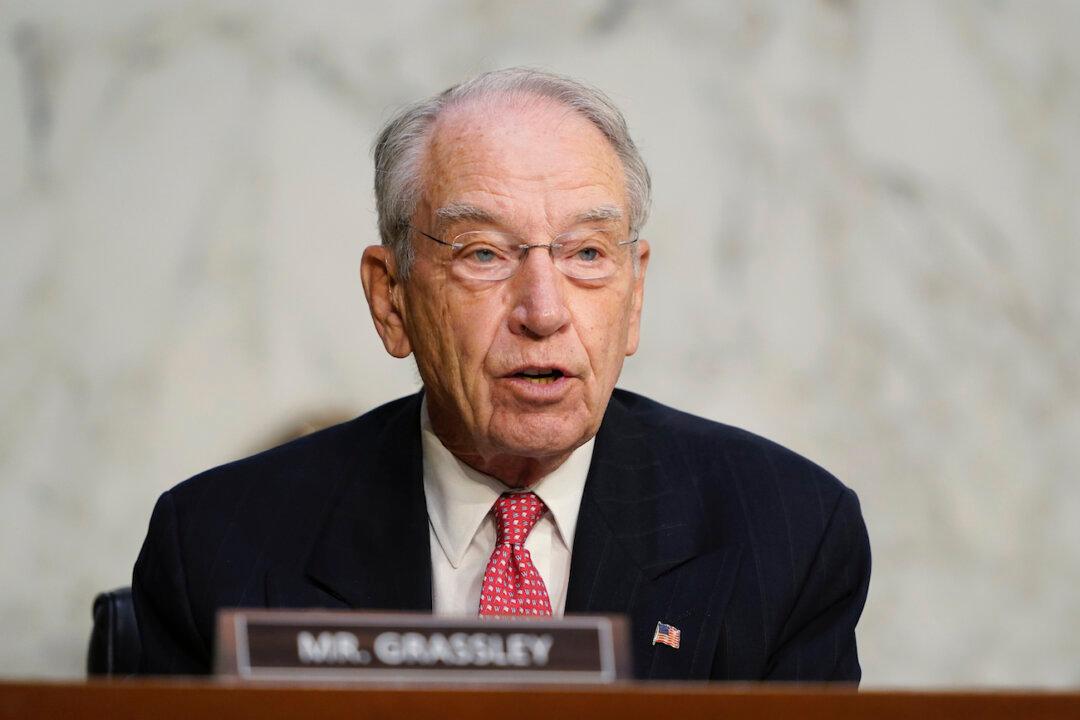Former Deputy FBI Director Andrew McCabe sent shockwaves across the nation earlier this week when he admitted during an interview with CBS News’ “60 Minutes” to having discussed invoking the 25th Amendment in an effort to remove President Donald Trump from office.
McCabe, however, began to downplay the significance of his comments in a subsequent interview on MSNBC’s “Morning Joe” program, contradicting facts he had previously stated.
